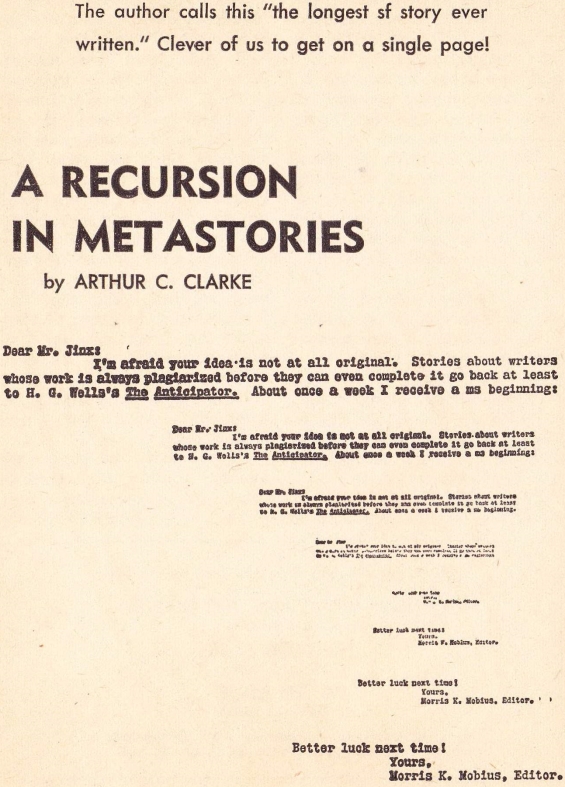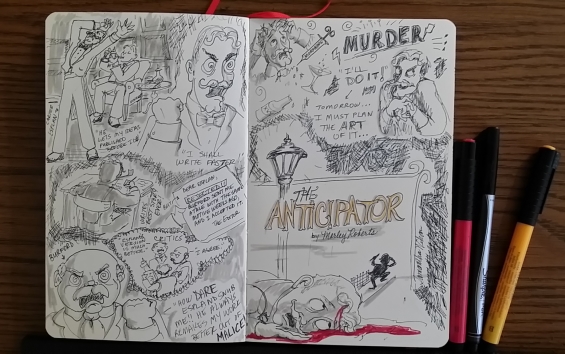
 Off to Be the Wizard (Magic 2.0 #1)
Off to Be the Wizard (Magic 2.0 #1)
By Scott Meyer, read by Luke Daniels
Publisher: Brilliance Audio
[UNABRIDGED] – 9 discs; 11 hours
Themes: / reality / wizards / hackers / time travel / computer geeks / pop culture /
Publisher Summary:
Martin Banks is just a normal guy who has made an abnormal discovery: he can manipulate reality, thanks to reality being nothing more than a computer program. With every use of this ability, though, Martin finds his little “tweaks” have not escaped notice. Rather than face prosecution, he decides instead to travel back in time to the Middle Ages and pose as a wizard.What could possibly go wrong? An American hacker in King Arthur’s court, Martin must now train to become a full-fledged master of his powers, discover the truth behind the ancient wizard Merlin…and not, y’know, die or anything.
This book started really slow, despite a cool concept. A computer geek discovers a file that somehow lets him manipulate not only the world and everything in it, but time itself. So of course he decides to go back to medieval times and become a wizard. As a computer geek who (not so) secretly would love to be a wizard I was intrigued.
Unfortunately, the main character Martin isn’t very likable at the start. Despite being good with computers, he doesn’t seem very smart. For me the story finally started to get good when he meets Phillip. I will say Martin did grow on me as the book went on. I don’t plan to say anything else about the plot because I don’t want to ruin the jokes.
I think your enjoyment of the book will largely depend on if you find the humor funny and your willingness to not only suspend your disbelief but throw it right out the window. Things get silly. Really silly.
There is a lot of computer geek humor as well as some pop culture humor from the 80s and 90s that reminded me a bit of Ready Player One, a book I absolutely love. I think fans of that book, may find similar things to like here. Scott Meyer does for fantasy geeks what Ernest Cline did for gaming geeks.
The only real complaint I have apart from the slow start is the general lack of women. That’s a pretty common complaint in fantasy. However as this is a fantasy book based in current time and involves using computers to manipulate the world to pretend to be a wizard this seems like a big flaw for me. Mr. Meyer has a plausible reason to explain away his lack of female characters, but he could have just as easily had a plausible reason for their inclusion instead.
I‘ll admit that probably more than half of the reason I chose to review this book was because Luke Daniels was the reader. He did not disappoint. Another excellent performance.
Overall though, I really enjoyed listening to this book and I’ll be on the lookout for his next book as well as planning to check out his webcomic in the near future.
Review by Rob Zak.











